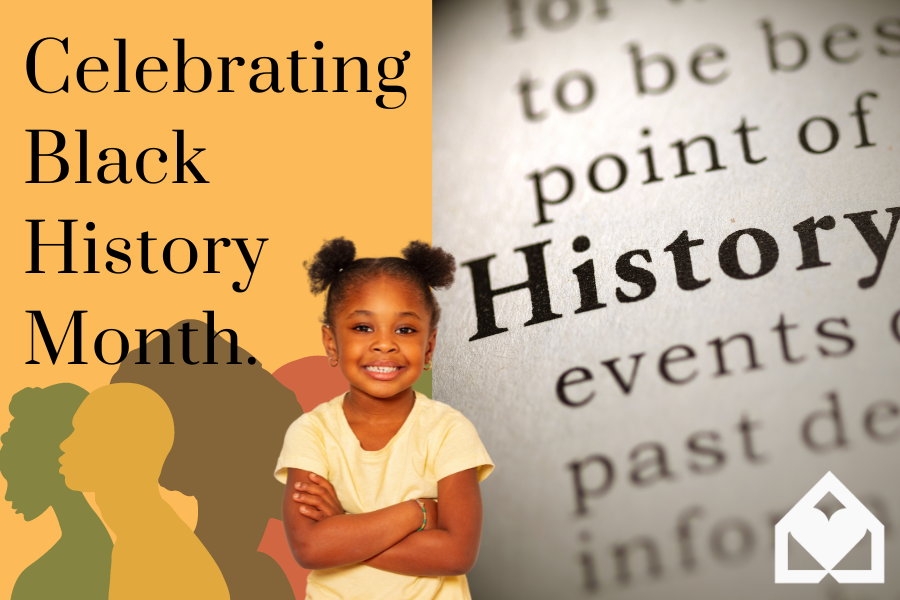In 1926, Carter G. Woodsen, known as the “Father of Black History”, proposed the dedication of a week in February that coincided with the birthdays of Abraham Lincoln and Frederick Douglas to celebrate and generate discussion about the contributions that Black people had made in America. The week-long event has evolved into a month-long celebration of Black history in America. While it is important to acknowledge the contributions of our Black community year-round, dedicating a month each year to this important part of America’s history ensures that everyone revisits the conversation each year. At Hephzibah, we celebrate Black history during February – including some specific ways with the children in our After School Program and the children living at Hephzibah Home.
During our After School Program, which takes place at Oak Park’s eight elementary schools, we integrate celebrations of Black history through activities, crafts, books, lessons and conversations that include Black inventors, scientists, athletes and activists. This year children are making woven paper baskets integrating traditional African colors, discussing Martin Luther King’s “I Have a Dream” speech and painting paper buses with depictions of Rosa Parks. They are also making edible stoplights to celebrate the three-light traffic signal invented by Garrett Morgan and are decorating their spaces with posters celebrating Black History Month.
Part of the healing process at Hephzibah Home includes teaching children who have suffered from abuse and neglect ways to celebrate themselves. Often children who have experienced abuse internalize their trauma with self-loathing, and celebrating their uniqueness helps them rebuild a healthy self-image. Lessons on Black history and celebrations of the achievements of Black men and women are often woven into therapeutic treatments. These lessons are opportunities for our Black children to learn to celebrate themselves through their heritage and gain pride in their racial identity.
We are passionate about illuminating the path for the children we serve and actively teach Black history year-round. We are also committed to making continuous efforts to honor Black culture, traditions, and history in the work we do. We want every child we serve to thrive and flourish and be proud of who they are.

